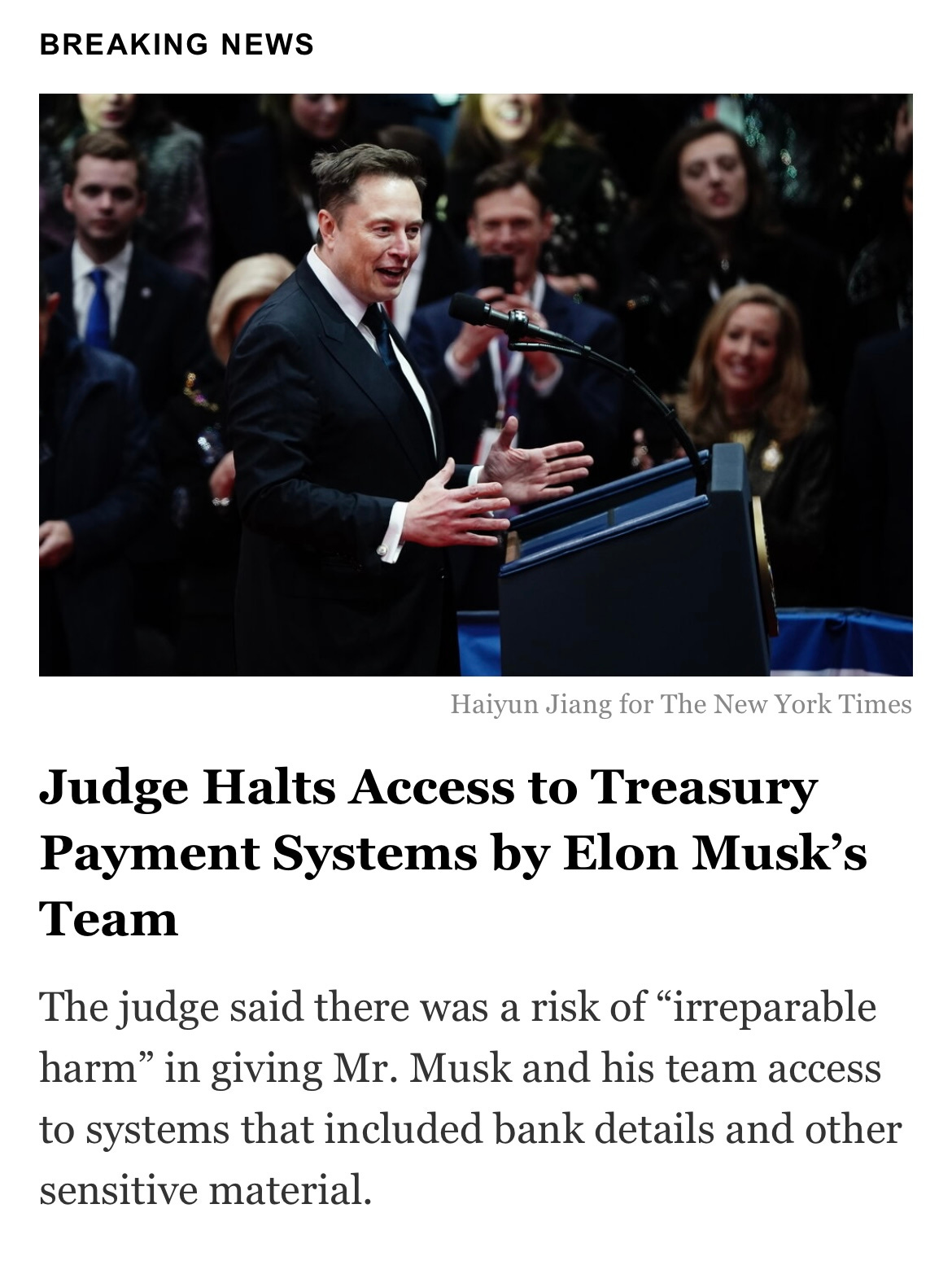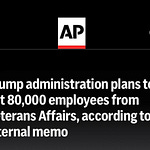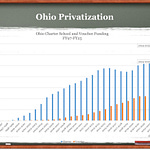A few weeks ago, while political reporters largely overlooked the Trump “meme coin” scandal because meme coins are not their expertise, friends of mine who know that world were losing their minds. One told me it was “just about the most shocking thing I've ever witnessed.”
I tried to share this insider expertise with you as best I could.
So amid all this talk of DOGE and tech and data and access, I thought I’d check in with another friend of mine who does this work for a living to hear his thoughts on it all. And share with us what we need to know.
To be specific, this friend’s background is—as he put it— “in development, AI/Machine Learning, and UX/UI design, with expertise in emerging technologies. [He] specialize[s] in building and optimizing scalable, accessible systems and managing large-scale CRMs.”
Here was his overall view of what’s happening, along with some answers to questions I asked:
Overview: “a truly unprecedented transfer of governmental power to a private entity in real time”
“We're witnessing the first I.T.-driven restructuring of government in human history. While there's been some mockery of the young people Musk has employed, they are extremely capable (albeit with little to no experience handling government systems). Having spent decades working at the intersection of digital infrastructure, automation, and organizational strategy, I recognize the profound implications of such a shift.
Musk has done two things -- he's grabbed the most influential digital megaphone in the world and plugged himself into the personal information of every American. This is a digital coup, embedding itself into the core I.T. infrastructure of federal agencies with little oversight and only selective “transparency.” While they claim the access is "read only," they're locking out career civil servants and scraping personal data from millions of federal employees; the "GSAi" initiative (Musk’s new AI-driven analysis tool for government contracts) is bypassing security vetting and granting Musk’s inner circle deep visibility into federal procurement.
This isn’t just unauthorized access -- it’s a full-scale redirection of the government’s digital nervous system into the hands of an unelected billionaire.
The existential risks here -- financial manipulation, mass data exploitation, and unchecked digital autocracy -- are no longer hypothetical. We're watching a truly unprecedented transfer of governmental power to a private entity in real time.”
Q: The executive order creating DOGE says that its purpose is to “to implement the President’s DOGE Agenda, by modernizing Federal technology and software to maximize governmental efficiency and productivity.”
I assume what they’re doing here goes way beyond “modernizing.” Is this a Trojan Horse?
A:
I think it’s intentionally vague. No defined scope or limits. It would be a trojan horse were it not being done with the blessing/order of the President himself. This is deliberate.
Q: What are the risks of this for everyday Americans?
A:
“Well, what’s to stop them from aggregating and analyzing personal data, expanding to broader citizen records, tax data, social security information (which he’s made it clear he wants access to and may have already). So far all of this is being under the guise of first principles -- speech, assembly, religion -- but it grants one the power to engage in corporate exploitation or selective censorship on a whim. Disinformation campaigns could be hyper-targeted and used for commercial or political manipulation.”
Q: How does the existence of AI make what they’re doing worse?
A:
“AI systems are a black box. Their decision-making processes are opaque even to their designers. If it’s being deployed across federal systems, one could start dictating key governmental functions without democratic checks with impunity — all in the name of “efficiency.” Even as I’m writing this it feels more like a Dan Brown novel than real life, but here we are.”
Q: What is the significance of “read only” access? Versus other access they might have?
A:
“They’ve been using “read-only” access as a way to say, “Nothing to see here! It’s just read-only!” But even without direct manipulation, they can still conduct large-scale data scraping, pattern recognition, and predictive modeling. They’re analyzing and categorizing data at scale, which creates enormous leverage. Anyone in cyber security will tell you that “read only” doesn’t equate to “harmless.” I’m also worried about backdoor escalation and API exploitation — they could leverage any number of technical loopholes to intercept or reroute government data flows.”
“Long story short, with the access they have -- we’re expected to simply trust they have good intentions.”
Q. There was a story yesterday that one agency (GSA) made a request for “read access” to data on 14,000 federal employees when they (GSA) already had “read/write access” to that data. That troubled you. Why?
A:
“It suggests to me they’re trying to set up a new data pipeline for DOGE to control separately from GSA.”
Q: Why would they do that?
A:
“For DOGE exclusive use? Perhaps for unmonitored access to the vast amount of federal data — but unmonitored — to analyze or centralize control of all government systems.”
Q: What are some of the worst case scenarios of what you’re seeing so far?
A:
“It’s impossible to predict. I often tell people we’re living in a technological revolution on a scale larger than even the invention of the internet itself. The next 5 to 10 years are going to bring massive societal and technological change. I could see a government infrastructure irreversibly dependent on these privately-run/designed systems, lack of public accountability… effectively a corporate-run shadow government. Wealth and power could become “locked in” to those engineering this new hierarchy.”
Q: Are you worried about foreign players accessing the data Musk is getting?
A:
“Well we just don’t know what his access, security and vetting controls are. We know one of the young people working for him had been fired by a previous employer for corporate espionage. So short answer — yes. Very much so.”
Q: Can people do anything right now to safeguard against the risks? What should be done going forward?
A:
“The current “wait and see” approach is dangerous. We need Congress to demand full transparency and accountability/oversight — we need bipartisan opposition to this restructuring and for people to truly understand the risks.”
“The integration of modern technologies into government operations is inevitable, but how it’s done determines whether it will strengthen democracy or subvert it. Any major technological shift in government (especially involving AI) needs to be debated/legislated, not decided by executive fiat.”
NOTE: early this morning, a second court halted DOGE’s effort to access Treasury data:
Day 68 — February 7, 2025
The U.S. Senate confirmed Russell Vought as the new director of the Office of Management and Budget. Vought was one of the prime architects of Project 2025, a major champion of Schedule F who vows to treat federal workers as “villains.” He believes that the executive has the power to withhold spending funds approved by Congress (something the Trump administration is already attempting to do by freezing spending across the nation).
For the first time, a Republican Senator—Jerry Moran from Kansas—criticized what is happening.
We need so much more of this, but I’m glad there’s a small crack in the wall.
















Share this post